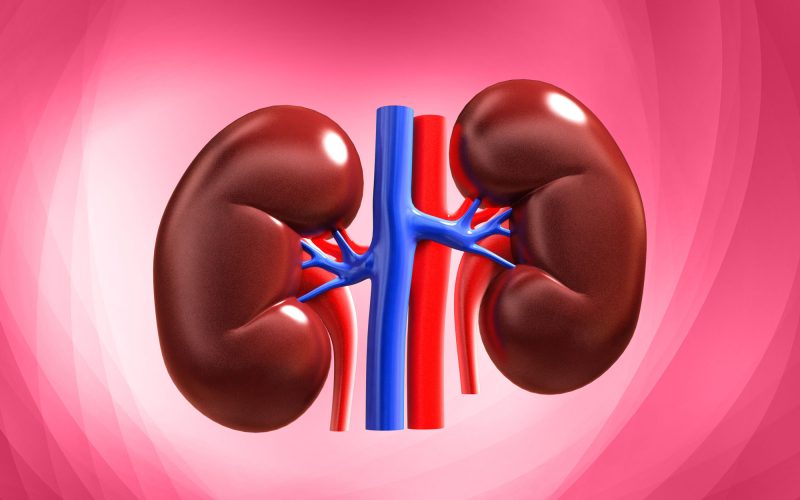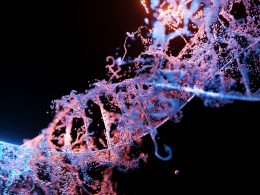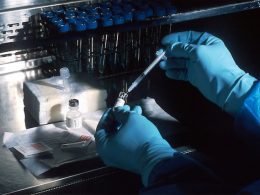Introduction
The human body is an intricate network of organs and systems, each playing a vital role in maintaining overall health. Among these, the kidneys stand out as remarkable and complex organs, often underestimated in their significance. These bean-shaped organs, each about the size of a fist, play a pivotal role in filtering waste and excess fluids from the blood, regulating electrolyte balance, and producing hormones essential for various bodily functions.
Anatomy and Function
Located just below the rib cage, the kidneys are made up of millions of tiny structures called nephrons. Nephrons are the functional units responsible for filtering blood, removing waste, and reabsorbing essential substances like glucose, amino acids, and water. The glomerulus, a small network of blood vessels within each nephron, acts as a sieve, filtering out waste products and allowing vital substances to return to the bloodstream. The waste and excess fluids collected during this filtration process form urine, which travels through tubes called ureters to the bladder for storage until it’s expelled from the body during urination. Not only do kidneys regulate fluid balance, but they also play a crucial role in maintaining blood pressure by releasing hormones that help control blood volume.
Common Kidney Disorders
Despite their incredible efficiency, kidneys are susceptible to various disorders. Chronic Kidney Disease (CKD) is a prevalent condition characterized by the gradual loss of kidney function over time. Diabetes and high blood pressure are major risk factors for CKD. Kidney stones, another common issue, are solid deposits of minerals and salts that can cause severe pain when they obstruct the urinary tract. Acute kidney injury (AKI) is a sudden and often reversible loss of kidney function, commonly caused by conditions like dehydration, severe infections, or certain medications. Timely intervention is critical in AKI cases to prevent permanent damage.
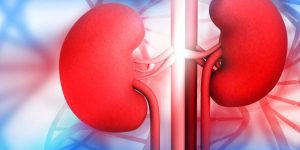
Advancements in Kidney Research
The realm of kidney science has seen remarkable advancements in recent years. One promising area is regenerative medicine, exploring ways to repair or replace damaged kidney tissue. Scientists are investigating stem cell therapy and tissue engineering techniques to regenerate nephrons and restore kidney function. Furthermore, artificial kidney development has gained traction. Wearable and implantable devices that mimic kidney function are being designed to perform filtration and fluid balancing for individuals with kidney failure. These innovations aim to improve the quality of life for patients awaiting transplants or those ineligible for transplantation.
Preventive Measures and Treatment
Preventing kidney disorders involves maintaining a healthy lifestyle. This includes regular exercise, a balanced diet low in sodium and processed foods, staying hydrated, and avoiding excessive use of over-the-counter pain medications that can harm kidneys. Treatment for kidney disorders varies depending on the condition and its severity. While some cases may require medication to control blood pressure or blood sugar levels, others might necessitate dialysis—a procedure that filters blood artificially—or kidney transplantation for end-stage kidney disease.
The Future of Kidney Health
As technology advances, the future of kidney health looks promising. Precision medicine, tailoring treatments based on an individual’s genetic makeup, holds potential for more effective and personalized therapies. Additionally, ongoing research into biomarkers may enable early detection of kidney diseases, allowing for timely intervention and better outcomes .Collaboration between researchers, healthcare providers, and policymakers is crucial to improving kidney health on a global scale. Increased awareness, better access to healthcare, and continued investment in research are essential pillars for combating kidney diseases worldwide.
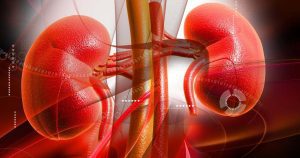
Conclusion
The intricate workings of the kidneys underscore their irreplaceable role in maintaining overall health. Understanding their functions, being aware of common disorders, and embracing preventive measures are pivotal in safeguarding kidney health. With ongoing advancements in research and technology, the future holds promise for improved treatments and better outcomes for individuals grappling with kidney-related ailments. Appreciating the complexity and significance of these organs is a crucial step toward unraveling the mysteries that surround kidney science. As we delve deeper into the intricacies of kidney science, we pave the way for a healthier future, where these remarkable organs can continue their vital work in sustaining our well-being.






